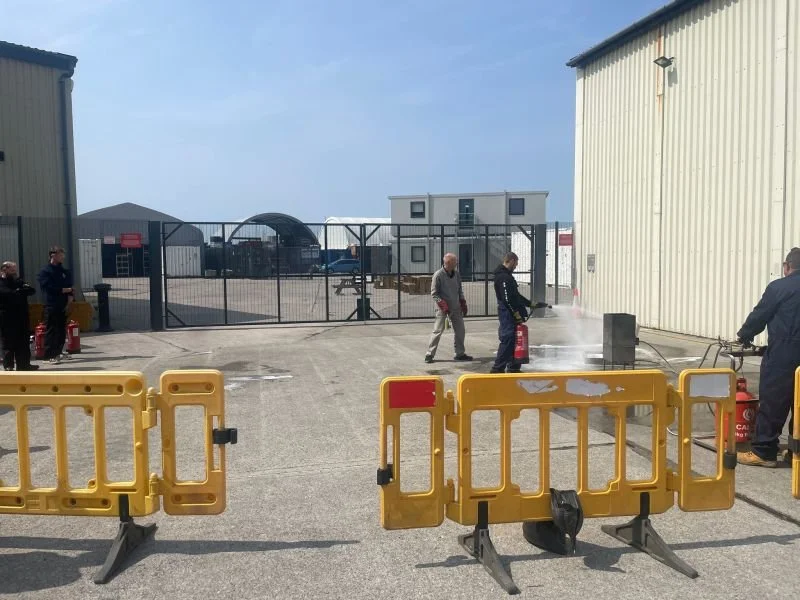
Information For Employers
Why employ an apprentice?
The latest Apprenticeships are an exciting option for both apprentice and employer. Hiring an apprentice is a productive and effective way to grow talent and develop a motivated, skilled and qualified workforce.
You can adapt their training according to your business needs, motivate them to learn new skills, and expand and upskill your workforce.
A marine Apprenticeship lasts for between 1 and 2 years. You can employ apprentices at different levels, from school leavers and university graduates to people who want to further their careers or change career direction. You can hire someone new or upskill an existing employee.
As an employer, you are entitled to funding from the government to help pay for 95 - 100% of the training fees. The Levy should cover the apprenticeship monthly payment however, in any month if there is insufficient funding in the levy the Government will cover 95% of the outstanding amount due with the Employer covering the remaining 5%.
How does it work?
You employ an apprentice, and we train them. We can assist you in the recruitment process if required.
Whilst they are working as an apprentice for you, you train them in the job they will eventually be doing, and we train them in the underpinning knowledge and get them certificated. The employer, apprentice and training provider work together and have periodic reviews to ensure that the apprentice stays on track.
Apprentices come out of the training with an Apprenticeship qualification and other certification relative to their role, such as manual handling, first aid, slinger and signaller, forklift operator. Please refer to the individual Apprenticeship web pages for more information.
What will you pay your apprentice?
You must pay your apprentice for time spent training or studying for their Apprenticeship. There are different rates of pay for apprentices depending on their age and what year of their Apprenticeship they’ve completed. The minimum wage for all apprentices is at least £7.55 per hour moving up to the national minimum wage after a year and if they are over 19 years old. This is at your discretion and you may choose to pay more.
Aged 16 to 18: The 2025 National Minimum Wage rate for an apprentice is £7.55per hour*
Aged 19 or over and in their first year: The 2025 National Minimum Wage rate for an apprentice is £7.55 per hour*
Aged 19 or over and have completed their first year: Apprentices will be entitled to the National Minimum Wage or National Living Wage rate for their age*
*Please note that these wages are adjusted by the government each April - https://www.gov.uk/national-minimum-wage-rates
Your commitment
Your Apprentices must spend at least 20% of their normal working hours training. You must offer apprentices the same conditions as other employees working at similar grades or in similar roles. This includes:
Paid holidays
Sick pay
Any benefits you offer such as childcare voucher schemes
Any support you offer such as coaching or mentoring
The contract of employment should make it clear what wage you’ll pay your apprentice and for what hours.
Employers shall also:
Provide a safe work environment
Provide an induction that includes explaining relevant policies and procedures
Give opportunities for the student to develop their technical skills within your industry
On vessel-based apprenticeships, allow the apprentice to practice navigation and helming.
Provide 'On-the-job' training and additional support to ensure your apprentice's success
Regularly review the apprentice's progress
Assist apprentices with completing Training Record Books
Ensure that apprentices do not have to contribute financially to their training
Ensure that there is adequate mentoring in the workplace
Provide a mentor or training officer to whom the apprentice can turn for support
Ensure the apprentice is paid at least the minimum wage





